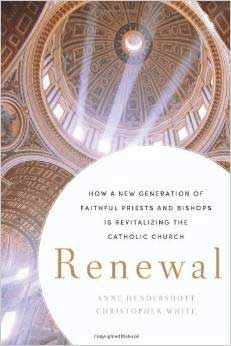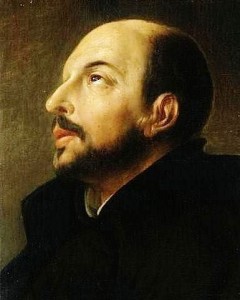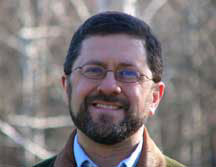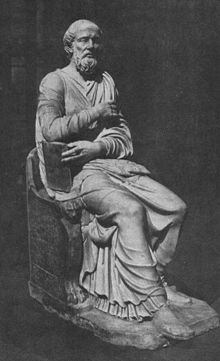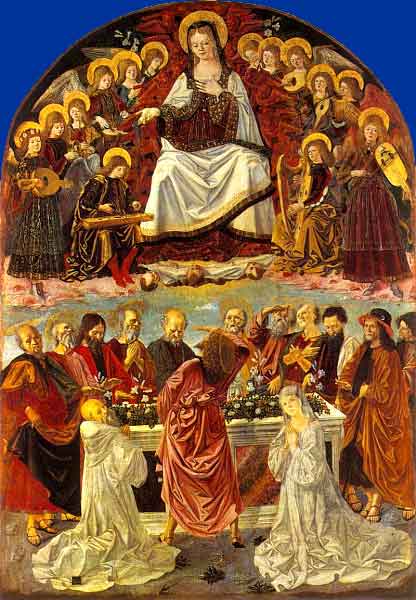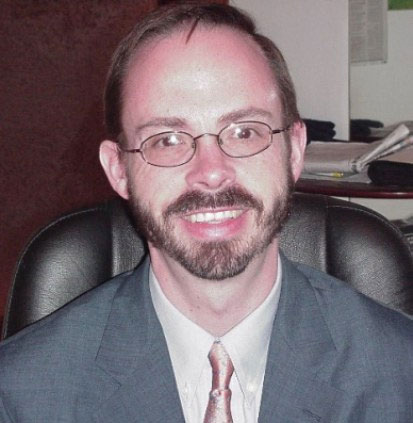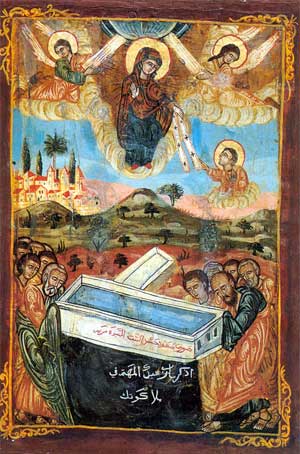The Prayer of the Hebrew Scriptures – . Fr. Groeschel discusses the experience of Abraham, Moses, the Maccabees. He shares the beauty of the Psalms. He speaks of the importance of the Christian enter the mystery of prayer found in the Hebrew Scriptures (Old Testament of the Bible).
Podcast: Play in new window | Download (12.4MB) | Embed
Subscribe: Apple Podcasts | Spotify | Amazon Music | Android | Pandora | iHeartRadio | JioSaavn | Podchaser | Gaana | Podcast Index | Email | TuneIn | Deezer | Anghami | RSS | More
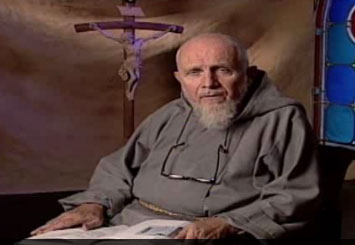
This program features Fr. Benedict Groeschel teaching and talking about the Catechism and the Bible with an emphasis on prayer. His discussion of prayer is based on the premise that an essential condition of prayer is devotion- the belief that God is listening and cares for us. In “Prayer in the Catechism”, Fr. Groeschel discusses the various kinds of prayer, including a special emphasis on using scripture when praying. The catechism contains basic Christian teaching formatted for learning and understanding. More information about the Catechism of the Catholic Church may be found on the United States Conference of Catholic Bishops website.
Benedict Joseph Groeschel, CFR is a Catholic priest, retreat master, author, psychologist, activist and has hosted several television programs. He was the director of the Office for Spiritual Development for the Catholic Archdiocese of New York as well as associate director of Trinity Retreat and the executive director of The St. Francis House. He was professor of pastoral psychology at St. Joseph’s Seminary in New York and an adjunct professor at the Institute for Psychological Sciences in Arlington, Virginia.
This program is a production of Pauline Media and the Daughters of St. Paul copyright 1997. For more from Pauline Media visit here

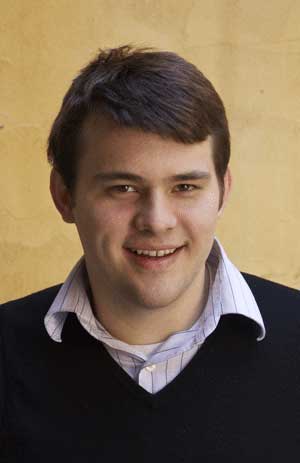 important work brought to us by Anne Hendershott and Christopher White. It offers a thorough analysis of the state of the priesthood in the United States, and shines a light of joyful hope on a vital heartbeat of the Catholic Church. Our conversation with Christopher White, addresses many of the issues that have plagued priestly formation and it’s character in recent decades, but also celebrates the many areas of reform and renewal. The current revitalizing of our gift of Holy Orders is truly a reason to celebrate and lift up in our prayer!
important work brought to us by Anne Hendershott and Christopher White. It offers a thorough analysis of the state of the priesthood in the United States, and shines a light of joyful hope on a vital heartbeat of the Catholic Church. Our conversation with Christopher White, addresses many of the issues that have plagued priestly formation and it’s character in recent decades, but also celebrates the many areas of reform and renewal. The current revitalizing of our gift of Holy Orders is truly a reason to celebrate and lift up in our prayer!